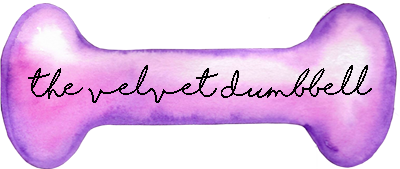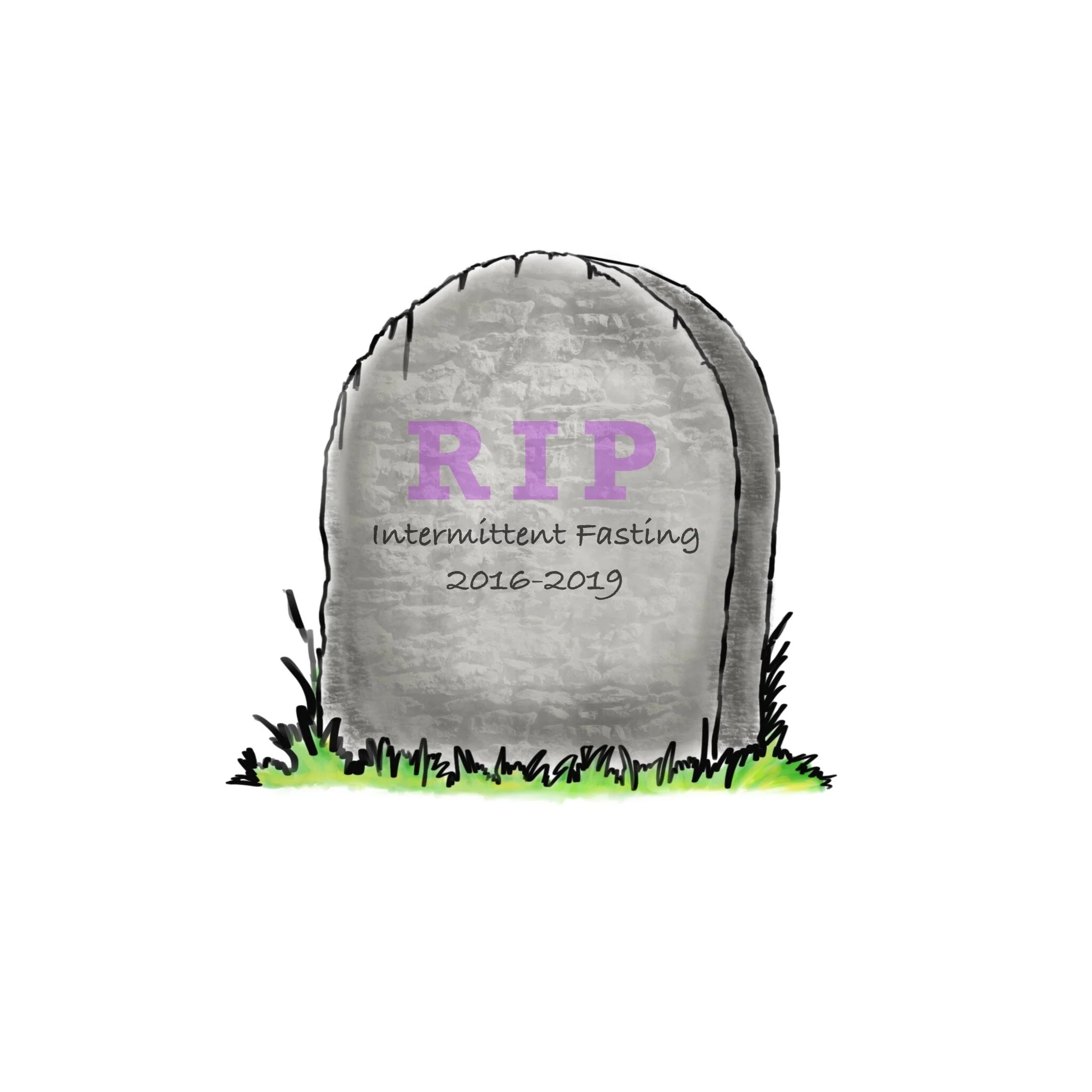Goodbye my Friend: How I Knew it was Time for a Change
I found intermittent fasting three years ago. Or maybe it found me. A former colleague who was always one step ahead of me on the experimentation journey recommended it after she lost a good amount of fat from a medical condition that had caused her to gain weight.
IF, as devotees called it, had the simplest rules to follow: basically you refrain from eating anything other than drinking water, coffee, or tea for a set window of time (12-18 hours), and then for the remainder of the day (6-12 hours) you eat a healthy diet. Once I found out that I wouldn’t have to restrict certain foods and that I could continue eating a late night snack as long as it fit into my allotted window, I was sold. This method of eating was touted to lower blood insulin and sugar levels, activate cellular cleansing, increase fat burning, all the while helping you keep your total calorie consumption down.
Fasters who use this daily time restricted method typically opt to not eat breakfast, or they stop eating earlier in the evening until breaking the fast the next morning. I decided skipping breakfast seemed to make the most sense with my lifestyle and once again, did I mention that I love my nightly snack? I would have oatmeal around 9:30pm while watching Game of Thrones and then not eat again until noon the following day. As the hours and then minutes would grow closer to breaking the fast, that hungry feeling in my belly would grow exponentially like a child throwing a temper tantrum. Experts say that true hunger usually comes and goes, which I experienced, but as lunch time approached, I was ravenous.
In the early days of my newfound ritual, I was skeptical of going without breakfast as surely I would be rendered useless all morning long in my malnourished state. But I soon experienced that one can indeed skip a meal and still function. Life could go on without eating around the clock, and I even found that those periods without food offered mental clarity.
Fasting’s simplistic rules were appealing and for three years straight I never once ate breakfast. Rarely had I adhered to anything 100%, but this I had. Having periods where the kitchen would be closed to me was helpful as I wouldn’t be tempted to sneak a snack at my every whim. It also allowed me to eat bigger portions at the meals I was eating because I was consuming fewer total meals. This led me to feeling full and satiated which I liked. And better yet, I could eat my nighttime (albeit healthy) snack and never feel guilty when the naysayers encouraged me to not eat before bed. My three year commitment led to ten pounds of weight lost and kept off and the satisfaction that I could do anything I put my mind to. I was a firm believer.
And then things started to go awry. I’m not quite sure when they did, but over time the morning hours of clear thinking blurred into mental fogginess, excess tiredness, and dizziness. For over two decades I had been no stranger to feelings of exhaustion as mononucleosis in college led to years of chronic fatigue syndrome which in turn contributed to my current thyroid problems. But this exhaustion was different and unrelenting. As a trainer when I partner with my clients in exercise and nutrition, I often ask, “How’s that working for you?” When I asked myself that same question, I cringed. The mere thought of giving up my beloved eating style unnerved me.
Out of avoidance I refused to think that skipping breakfast could possibly be contributing to my worsened state, making me feeling off for the rest of the day. I tried other things to help ease my symptoms, but they never worked. Tired of being tired, I decided that I would eat breakfast for two weeks and then evaluate how I felt. If I didn’t see a marked improvement after that period, then I promised myself that I could happily return to my old ways.
And it helped. Sure, it didn’t take all feelings of exhaustion away, but it immediately cleared up my mental fog and dizziness. It’s silly to think I was sad about eating breakfast even when I could see its benefits, but I was. I had followed a way of doing things for three years with great conviction, and now I had to abandon it for the sake of my health.
I realized that no matter how many scientific articles touted the positives of intermittent fasting, if it wasn’t right for me, then it didn’t matter. And maybe while it benefitted me for a period with weight loss, it wasn’t improving my daily health anymore. In fact, it was doing the opposite. Like many things in life, this change was unwelcome, but it was necessary.
I’ve learned with health that it’s fine to walk down a certain path with confidence until you run straight into a brick wall. And once you hit that brick wall repeatedly, it might be a good idea to redirect your course. Not only is it hard to admit we need to change, but it’s even harder to have the courage to do so when we actually enjoy aspects of the journey. But sometimes the joy of the journey doesn’t match the misery of the outcome. May we never hold anything so tightly or be so stuck in our ways that we don’t heed the signals that it is time for a change. Intermittent fasting was really fun while it lasted, and it was good until it wasn’t. So long my friend.
Fung, Jason. “Intermittent Fasting for Beginners.” Diet Doctor. n.p. 21 May 2019. Web. n.d.
Scott-Dixon, Krista. “Three Easy-to-Use Coaching Tools.” Precision Nutrition. n.p. n.d. Web. n.d.

